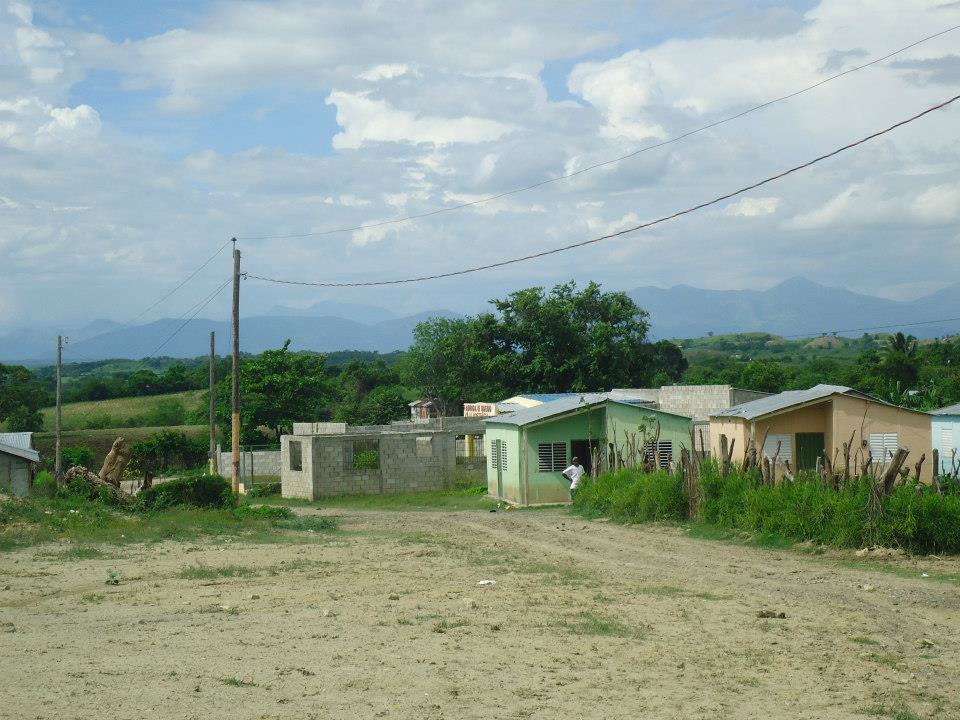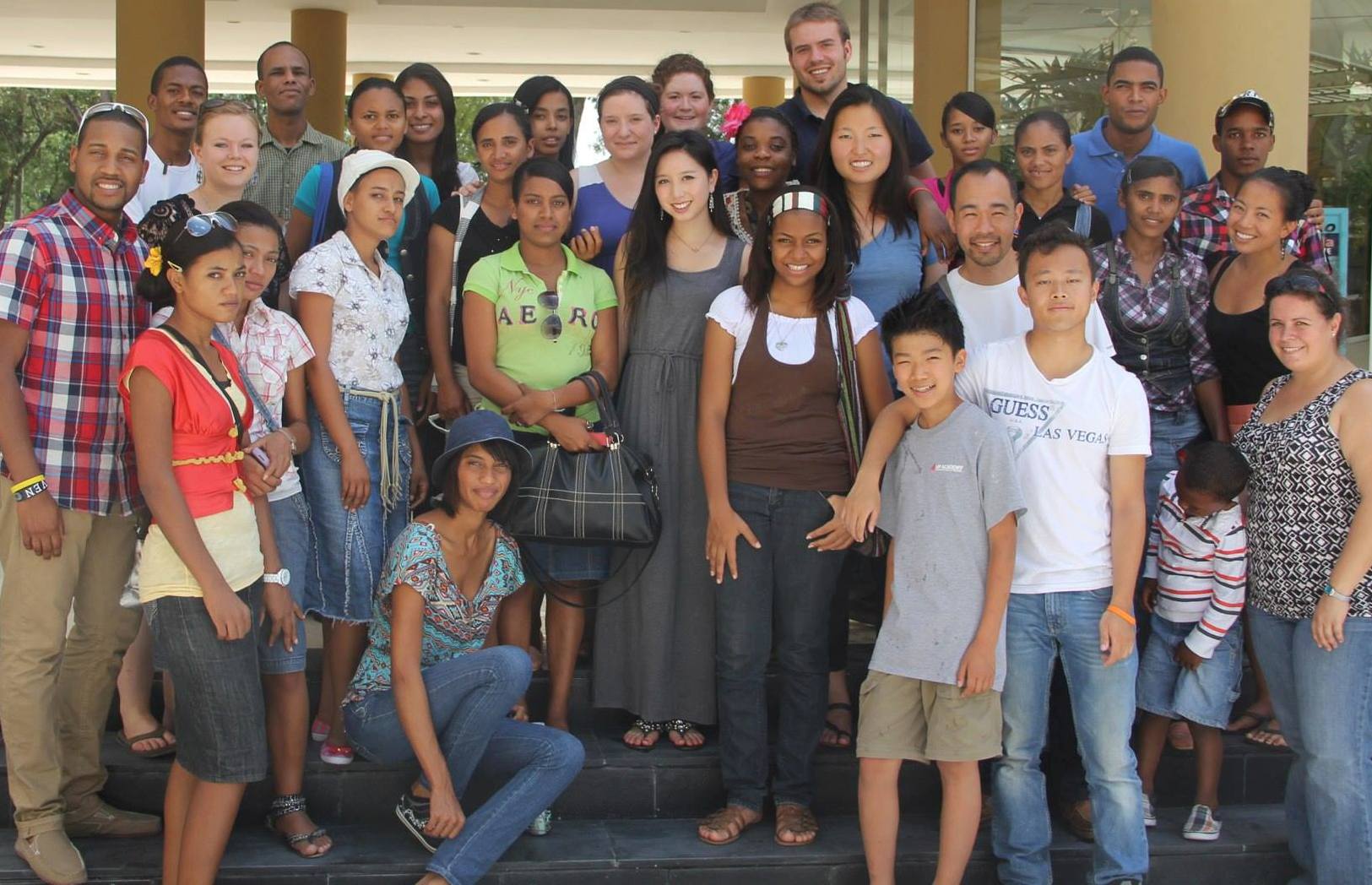I used to think philanthropy was a rich man’s world. Industrial tycoons and their petty female arm candy who attended fancy galas and bought things at auctions– that was my picture of philanthropy. And ultimately, I thought the point was to receive a tax break, meanwhile demonstrating to one’s elite circle that one was generous. It was a way to have one’s cake and eat it too.
Furthermore, I used to believe that generosity was a destination rather than a posture. It was a status to be achieved by years of hard work and dedication. Generosity was a reward for many years of selfishness, I thought. And don’t we all hope to be generous one day?
As it turns out, I could not be more wrong about both.
What is philanthropy?
I have good news for you from Laura Arrillaga Andreessen, author of Giving 2.0 and professor of philanthropy at Stanford. She says:
A philanthropist is anyone who gives anything– time, money, experience, skills, networks– in any amount, to create a better world.
A philanthropist is anyone who gives anything. Regardless of your salary, the level of your education, or the circles you run in, your resources are already a precious commodity. How?
1) You might give time when you volunteer at a local nonprofit or babysit for your neighbors.
2) You might give money to a cause you believe in, or fund a project spearheaded by someone you trust.
3) You might share your experience with those who do not have it, whether you’re helping someone apply to college, teaching them to cook their own meals, or dishing out blogging advice on your own blog.
4) You might use your unique skills to help someone in desperate need. You might write eloquently about a social issue in order to raise awareness. Or you lead discussions online or in person about things that matter.
5) You might even help a friend by sharing his/her need with your networks, and gathering a community to meet that need.
As you can see, philanthropy is not an old world term for tax breaks, parties and a good public image. While it might mean that for some, it means so much more in this needy day and age.
We can’t leave philanthropy– and generosity– to those whom we think live in excess. We need to step into it with all that we have, because we ourselves are rich with resources. And our giving can take on so many different forms.
The Beauty of Generosity
My vision of generosity changed about 10 years ago. Now I firmly believe that generosity is a choice we can make every single day. It has little to do with how wealthy we are, and more to do with how ready we are to serve others.
More importantly, generosity is a great joy. It is an incredible gift that no one should miss out on, in any season of our lives– whether rich or poor. In Ephesians, Paul writes about how a thief can become a generous giver. How is that even possible, and why would that be necessary? He writes:
Let the thief no longer steal, but rather let him labor, doing honest work with his hands so that he may have something to share with those in need.
Generosity is the opposite of theft; therefore it is a sign of healing and redemption for the thief. One who steals not only stops stealing but becomes someone who gives. His identity is no longer in what he takes from others but how he shares his own gifts with them.
And the good news is, we don’t need to have much disposable income or be completely debt-free before we can be generous. Given Laura Arrillaga-Andreessen’s definition of philanthropy, we all can be generous right now.
In what ways would you like to be generous? How are you already generous?
What are your reactions toward the idea of philanthropy? Do you see yourself as a philanthropist? In what ways have you served others, and what (if anything) stands in your way now? I’d love to know!



Thank you so much Natalie! I really appreciate your kind thoughts. Thanks for reading:)
Thank you for sharing! Giving is so important, in any way that you can. Such a great post to shed a little light on philanthropy 🙂
Thank you Morgan!! Your words are so encouraging to me 🙂
Thank you so much Isa! I really appreciate you stopping by 🙂
So inspiring and eye-opening. Its great to see a light shining on the truth of philanthropy.
what a lovely post my dear!
xx
isa
http://www.un-likely.com
Thank you so much Cara. You’re so encouraging! 🙂
Thanks girl! I really appreciate you stopping by:)
Thank you so much Shireen!! You are so kind, I really appreciate you stopping by:)
Thanks friend!! Hope your day went well 🙂 I really appreciate you stopping by!
Such a great joy to give! Thank you so much Brooke, you are so kind 🙂
Thank you so much Gina!! I’m really glad this resonated with you in so many ways. And what you say is so true– if we don’t intentionally give in small ways, we’re unlikely to be the types of people who desire to give in big ways, if and when we can. Your words are so kind, Gina, I am so encouraged by you and your blog as well! :))
Aw thank you so much Heidi!! And I would be absolutely honored to be included in your Friday round-up 🙂
Thank you so much, Rachel! And I’m so glad to hear you serve your family in such kind ways. I’ve realized that generosity is less about our abilities and more about our heart. You are so sweet:)
Thank you, Nicole! Glad you enjoyed it 🙂 Thanks for stopping by!
Thank you, Anne! And exactly– we are all abundantly gifted and generosity usually requires some creativity 🙂 Thanks so much for your kind words.
Thank you so much Shannon! I’m glad the post resonated with you! You are always so encouraging, I really appreciate your kind words 🙂
Thank you so much Ashley!! It does matter. Thanks for your kind words, I really appreciate it 🙂
Thank you so much Joanna 🙂 I’m really glad it resonated with you; you have so much to offer! I really appreciate your encouraging thoughts and words 🙂
That is SO kind Sheryl. Thanks for sharing that with me– it’s really inspiring. I think another side of huge philanthropic gifts is that they often come with a name attached. Your anonymous generosity takes it to the next level!
Thank you so much for sharing your thoughts Kiki!! And you are so right– change has to come from the hearts of people. That is so beautiful. Thank you for reading, friend! I always enjoy hearing from you 🙂
This is such a great post, I love every bit of it! Very inspiring and such a great reminder!
xx Cara
http://www.carascliche.com
I really enjoyed reading this. Thank you for sharing
xo
http://www.laurajaneatelier.com
What an amazing and inspirational post, thank you so much for sharing! xx
Reflection of Sanity
Thank you Jessica!! Thanks so much for stopping by 🙂
Thanks so much Maggie! I really appreciate you stopping by and reading this:)
This is such an encouraging and motivational post! Happy Tuesday, Daisy 🙂
http://www.lovecompassionatelee.com/thinkoutloud/2014/10/12/101214
There is no greater joy than serving others. This is such a great post and a great reminder to spend a little bit of each day thinking of others and generosity first! Thanks for sharing Daisy!
Brooke
http://www.pumpsandpushups.com
I never heard this complete definition of philanthropy before; but yes this all makes so much sense and it’s so powerful! I loved what you said about philanthropy being a posture and not a destination. That’s so important to look at it this way. I would often put off more intentional acts of giving (like financially or with my time) saying that when I have more of something (time, money, space, energy, etc.) will be when I could give more. That’s not the case and I really like how you emphasis that. I hope to make a life of generosity more intentional and work hard to change my mindset. I love what you’re doing with your blog and these words you share, Daisy! You are a light and a powerful force! I am so happy to have connected with you 🙂
This is such a moving and inspirational post! Thank you for sharing your insight.. Would you mind if I included this in my weekly link round up this Friday?
Heidi D.
http://www.wishesandreality.com
What a wonderful post, thank you for sharing! You are so right, we can be generous in many ways! For me the biggest obstacle is my health, since I’m chronically ill. However, I find it’s practice to be generous to those closest to me, my family. I can practice learning to serve them in whatever ways I can, whether it’s making them a cup of tea, researching information for them, or cleaning the kitchen.
What a great, encouraging post. Thanks for sharing!
ClassToCloset
Love this post….beautiful and encouraging. Love how you gave the definition….makes one realize that giving money isn’t always the only way to be generous and a philanthropist. We all can “afford” to be both.
Wonderfully written post Daisy with such a great message. I never thought about it, but you are so right with the association that the word philanthropy brings up. This is a great reminder that we can do so much without having to shell out a ton of money. Thanks for the reminder!
Shannon
Clothes & Quotes
What a great message- and so true. We should all give something, no matter how little, because it matters.
-Ashley
http://lestylorouge.com
Sheryl- that is so, so sweet. I love how you actively practice this each day xx
I love this post, Daisy. I remind myself frequently how important it is to give back, whether it’s time or money, even when my own life seems so busy. It’s something that’s very important to me and I’m so glad you wrote this. xx
lovejoanna.com
It is so important that we realize the small things we do on a daily basis are just as generous and significant as a large check or major donation. Several years ago, I secretly sent a friend who was a new single mom small gift certificates to different places. She mentioned to me that she had started receiving these anonymous cards but I know she never knew who sent them. I regularly pay for someone else’s coffee and basically try to practice generosity everyday. Beautiful post that we all need to be reminded of.
I believe that our society and our “celebrities” have tainted what it means to be a philanthropist. I’m not at all complaining about the millions that celebs shell out to organizations and charities, because a million bucks is still a million bucks regardless if they were doing it out of recognition or solely because they believe in a better world. I was raised that generosity didn’t always have to be recognized, that you could be someone’s secret angel. That could mean silently paying for someone’s meal behind you at the drive through or buying that homeless man you pass every day on your way to work a nice hot cup of coffee and a breakfast sandwich. Donating money can only go so far. If this world is ever going to change it has to come from the hearts of the people who live in it. I definitely believe there is more to philanthropy than money and donations. Loved this post. (:
Amazing post! Very interesting! =)
NEW POST on http://whattostyle.blogspot.com/
Instagram | Twitter | Bloglovin
xoxo,
Jess
What a lovely post! This really does make me think about how I can do more for others in simple ways. 🙂
Maggie
http://www.PolishedClosets.com